When movies and television portray slick lawyers, they often have a scene in which the lawyer makes a clearly outrageous statement and then withdraws it immediately when challenged. One of the more ridiculous versions of this meme is from the television show, Community, shown above. The idea is that a scheming lawyer will be able to taint the minds of the jury with an inflammatory statement. If challenged, the lawyer can simply shrug it off. The judge may instruct the jury to ignore the statement, but the damage has been done and the seed has been planted in the jurors’ minds.
Well, as it happens, lawyers actually try this in real life. Last week, the Utah Court of Appeals issued an opinion in State v. Akok that deals with this kind of situation. Mr. Akok was on trial for rape, along with a codefendant who was being charged with other related crimes. At the very last moment of the trial, just before the jury left to deliberate, the prosecutor said this:
“They took advantage of a very vulnerable victim. Don’t let them take advantage of it again. Thank you.” ¶ 14.
This of course, is not nearly as inflammatory as some television lawyers, but it’s still very improper. The Court of Appeals had no trouble deciding that “the prosecutor’s statement was improper and called the jurors’ attention to matters they were not justified in considering in reaching their verdict.” ¶ 16.
The defense attorney moved for a mistrial, and the court denied it. Then the defense attorney asked for a curative instruction to let the jury know that they should ignore the prosecutor’s final statement. Of course, the prosecutor did not put up a fight. People who drop bombs rarely concern themselves with the clean up.
The judge, however, refused to give a specific instruction about the improper statement. Instead, the judge reminded the jury of the general instructions that they already had. ¶ 9. But if the general jury instructions are sufficient to cure prosecutorial misconduct, then prosecutors could essentially say whatever they want. If there is an objection, they could just shrug and say, “Well the jury should know not to listen to that.”
Fortunately, the Court of Appeals determined that this was an error that hurt Mr. Akok’s defense and reversed. “[W]hen the prosecutor’s statement is considered in conjunction with the conflicting evidence of Defendant’s guilt, defense counsel’s inability to address the prosecutor’s improper statement, and the court’s nonspecific curative admonition, our confidence in the verdict is undermined.” ¶ 30. Mr. Akok will now have a new trial, and hopefully Utah lawyers will be less inclined to attempt this trick in the future.


